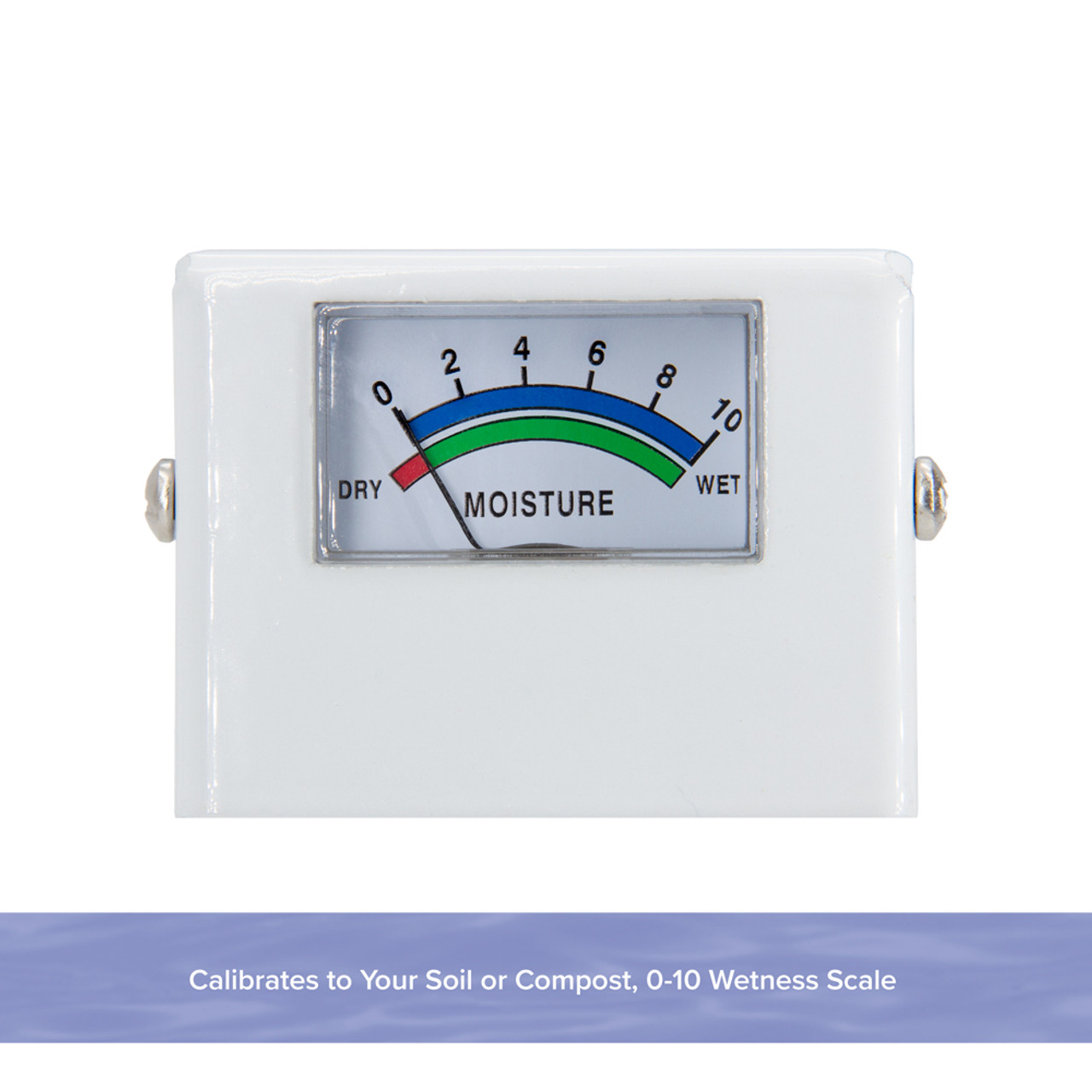Why Every Home Owner Requirements a Moisture Meter: Key Benefits and Features
Why Every Home Owner Requirements a Moisture Meter: Key Benefits and Features
Blog Article
The Ultimate Guide to Dampness Meters: A Comprehensive Introduction and Exactly How They Can Conserve You Money
In the realm of building maintenance, building and construction, and different sectors, the value of properly gauging dampness levels can not be overstated. Moisture meters act as crucial tools in finding and checking moisture web content in products, helping in stopping costly problems and guaranteeing the quality of products. Comprehending the subtleties of different kinds of wetness meters, their applications, and the possible cost-saving benefits they offer can be a game-changer for professionals and businesses alike. Finding exactly how these gadgets can not only simplify procedures yet also contribute to monetary cost savings is a journey worth embarking on.
Sorts Of Wetness Meters
Different sorts of wetness meters are offered for various applications in different sectors. One typical kind is the pin-type moisture meter, which measures the electric resistance between two pins put right into a material. This type is appropriate for wood, drywall, and various other structure products. Pinless dampness meters, on the other hand, usage electromagnetic sensor plates to check a larger area without triggering damage to the product's surface area. Moisture Meter. These meters are suitable for rapidly examining dampness levels in big locations such as floors and walls.

Infrared moisture meters gauge the thermal residential or commercial properties of a product to establish its moisture web content non-invasively, making them useful for applications where pin or pinless meters may not be ideal. Comprehending the different kinds of dampness meters readily available can help industries select the most appropriate device for their particular dampness measurement needs.

Benefits of Utilizing Dampness Meters
Wetness meters provide vital benefits in precisely checking and examining wetness levels in varied products and atmospheres. One of the main benefits of using moisture meters is the avoidance of prospective damage created by excess wetness.
Furthermore, using dampness meters can bring about boosted power efficiency. By recognizing locations with high dampness levels, such as leakages or poor insulation, adjustments can be made to improve energy conservation and lower utility expenses. In agricultural setups, wetness meters play an important duty in maximizing plant yields by allowing farmers to keep track of dirt dampness degrees and make informed watering decisions. Overall, the benefits of utilizing wetness meters extend across numerous markets, offering cost-effective solutions and promoting far better top quality control techniques.
How to Select the Right Wetness Meter
When choosing a dampness meter, it's essential to make certain that the meter is ideal for the particular material you will certainly be screening. Different products have varying electrical residential properties that can influence dampness readings, so selecting a meter made for your material is crucial for exact results. By very carefully examining these elements, you can choose a dampness meter that satisfies your demands and supplies accurate dampness measurements for your tasks.
Appropriate Techniques for Wetness Meter Usage

Cost Cost Savings With Dampness Meter Applications
Exactly how can the strategic application of dampness meters lead to substantial expense financial savings throughout different industries? In the farming industry, moisture meters aid in identifying the optimal time for collecting crops, stopping excess or over-drying wetness that can impact the last product's quality.
In a similar way, in building, dampness meters assist protect against pricey damages by detecting moisture levels in building materials, such as wood or concrete, which can cause structural problems otherwise resolved promptly. By identifying trouble locations at an early stage, service providers can take rehabilitative procedures to prevent substantial repair services or replacements, ultimately conserving time and cash.
Furthermore, in the food processing sector, dampness meters are vital for keeping track of product quality and making certain conformity with security policies. By accurately determining moisture content in food, suppliers can stop spoilage, preserve freshness, and minimize waste, leading to considerable price financial savings. Overall, the strategic application of moisture meters is a useful investment that can result in substantial expense decreases and boosted performance throughout various see markets.
Conclusion
In verdict, wetness meters are valuable devices for determining and finding dampness levels in various materials. By using the best wetness meter and adhering to proper methods, customers can efficiently prevent expensive problems brought on by excess dampness. Purchasing a top quality dampness meter can this content lead to considerable expense savings in the lengthy run by recognizing prospective issues beforehand and enabling timely removal. Inevitably, dampness meters are essential tools for preserving the stability and longevity of materials and frameworks.
Wetness meters offer as crucial devices in detecting and monitoring moisture web content in materials, assisting in avoiding pricey problems and making certain the top quality of products. Infrared wetness meters gauge the thermal residential properties of a product to identify its wetness web content non-invasively, making them helpful for applications where pin or pinless meters might not be ideal.Dampness meters offer vital advantages in precisely checking and assessing dampness degrees in varied materials and atmospheres. In farming setups, wetness meters play an essential duty in enhancing crop returns by enabling farmers to keep track of dirt wetness levels and make notified irrigation choices.In conclusion, wetness meters are beneficial tools for identifying and gauging dampness levels in numerous products.
Report this page